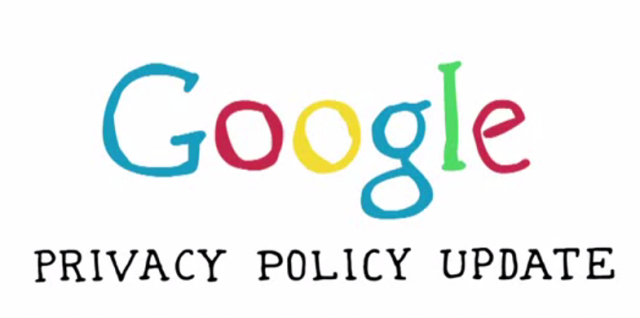 Google is defending its privacy policy changes yet again, this time to the United States Congress.
Google is defending its privacy policy changes yet again, this time to the United States Congress.
“Last week we heard from members of Congress about Google’s plans to update our privacy policies by consolidating them into a single document on March 1,” said Google director of public policy Pablo Chavez in a blog post. “Protecting people’s privacy is something we think about all day across the company, and we welcome discussions about our approach.”
In response to this letter from Congress, Google has publicized its reply in the hopes of clarifying the issues of privacy controls and opt-outs. You can read the full text of the letter below.
The company recently consolidated its privacy policies from over 70 — one for each of its broad range of products — to just a handful. Sixty of these policies were consolidated into one, big privacy policy, which allows Google to share user data across its products.
In the letter, Google stresses that it is not collecting any new information about its users, nor selling it to advertisers. The difference users will notice are new integrations of their data from one product being used in another. For example, Google currently lets you upload events into your Google calendar if the company’s Gmail technology believes text in an email is referring to a time and place. Another example is its recent launch of Search Plus Your World, which takes data from your Google+ account and provides it as search results in Google’s web search product.
Google is also trying to calm to seas by continuing to provide granular privacy controls within each product.
“The privacy policy changes don’t affect our users’ existing privacy settings,” Google’s letter explained, “If a user has already used our privacy tools to opt out of personalized search or ads, for example, she will remain opted out.”
Facebook committed a similar misstep when it made changes its site-wide privacy settings. Instead of alerting users, however, the company changed their settings to the site’s new default, resulting in a complaint filed with Federal Trade Commission (FTC). The case was settled with Facebook promising to undergo 20 years of privacy audits, and include its security and privacy departments in all product development.
According to Google you can still “opt-out” of the new privacy changes by simply not using the products while logged into an account, but this restricts what products you can use as some require an account to get the full experience.
We have contacted Google and will updated upon hearing back. Check out the full letter to Congress below.
[scribd id=80005605 key=key-12fxvuyf1djs17uyhqjc mode=list]


